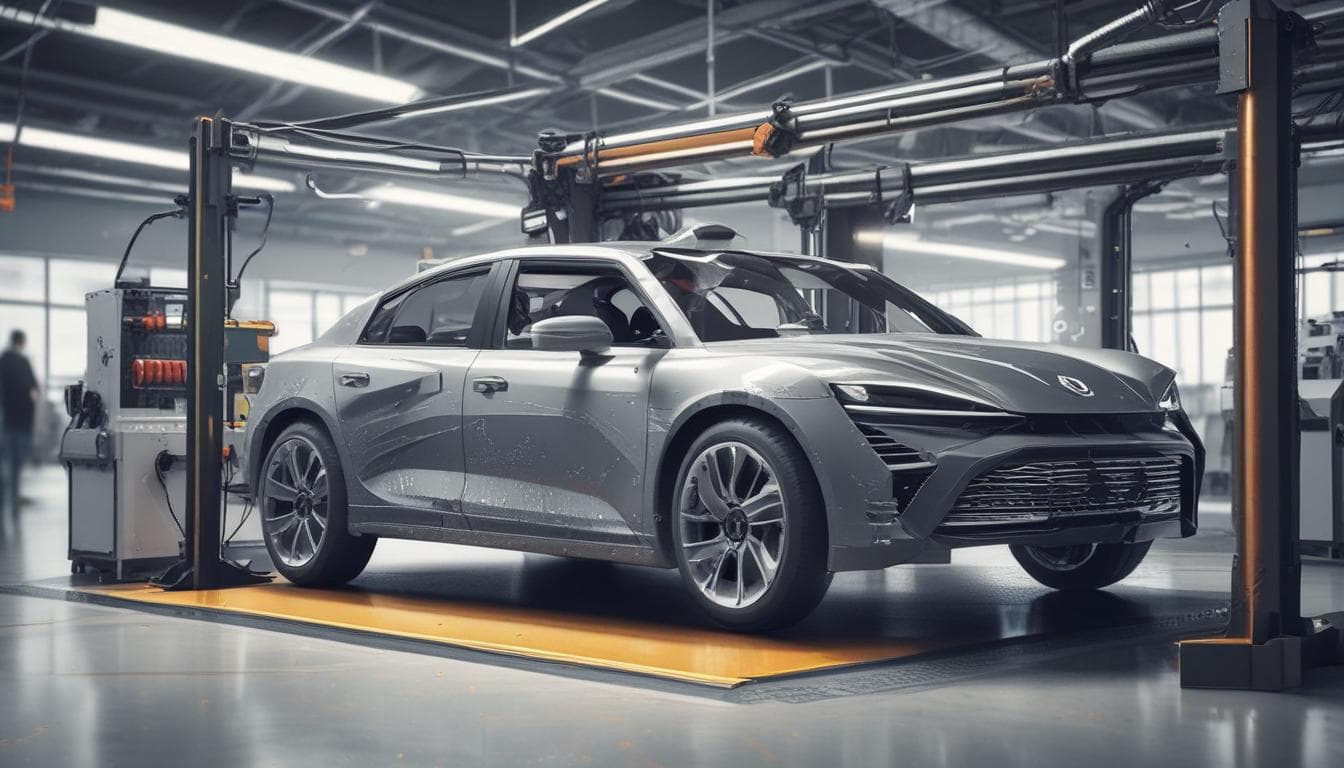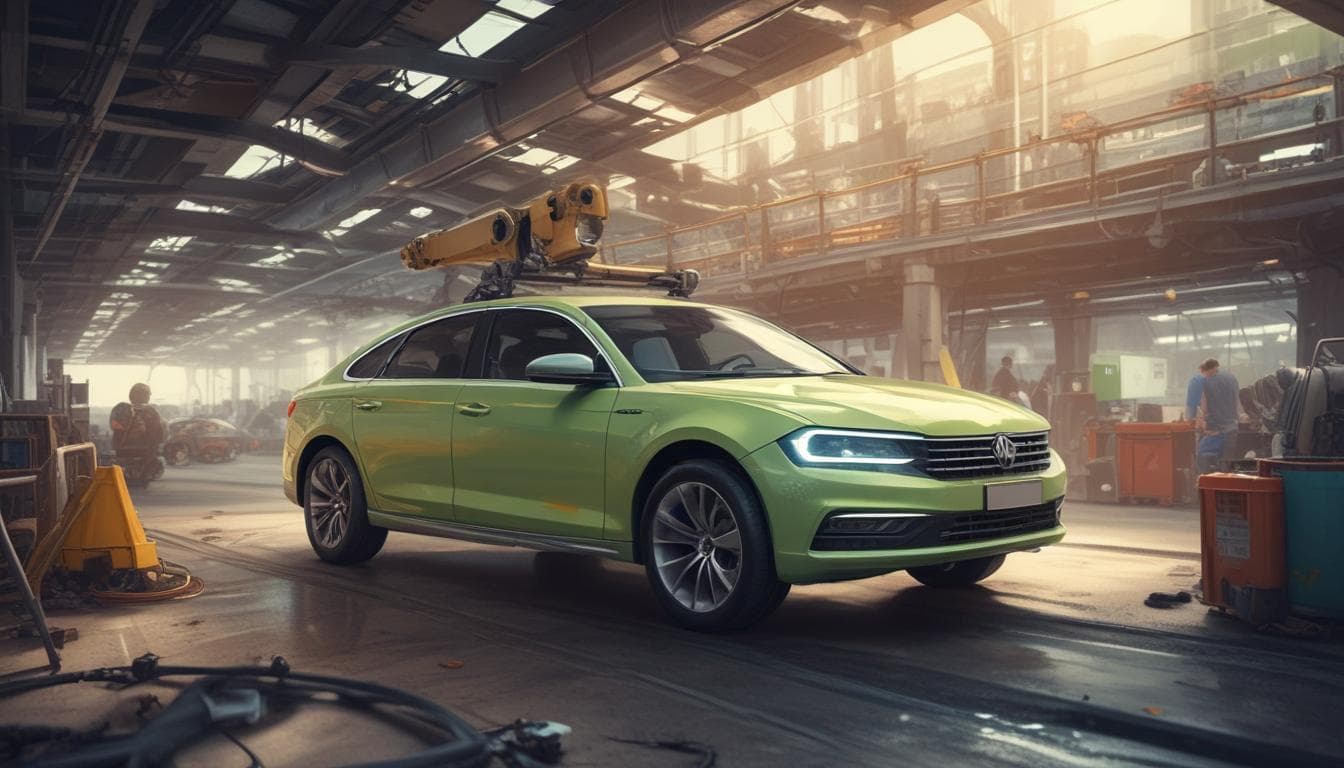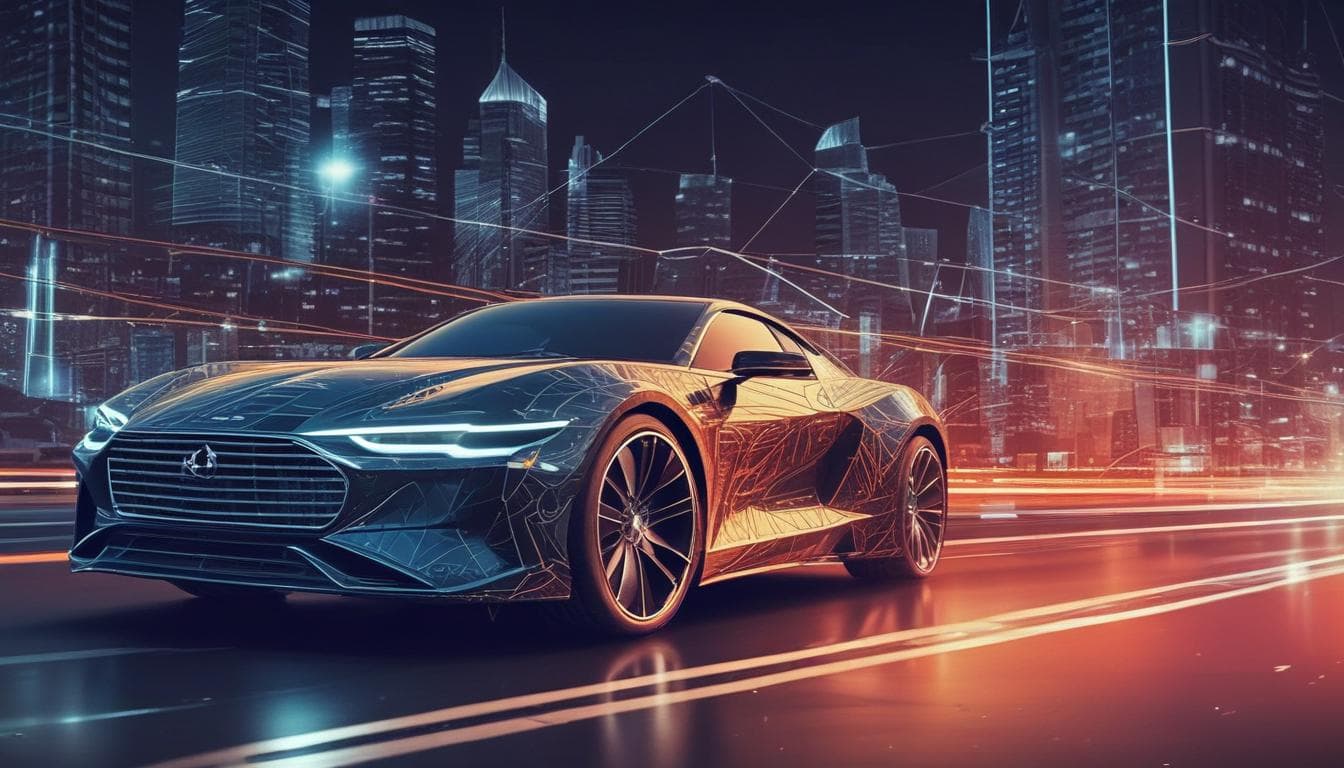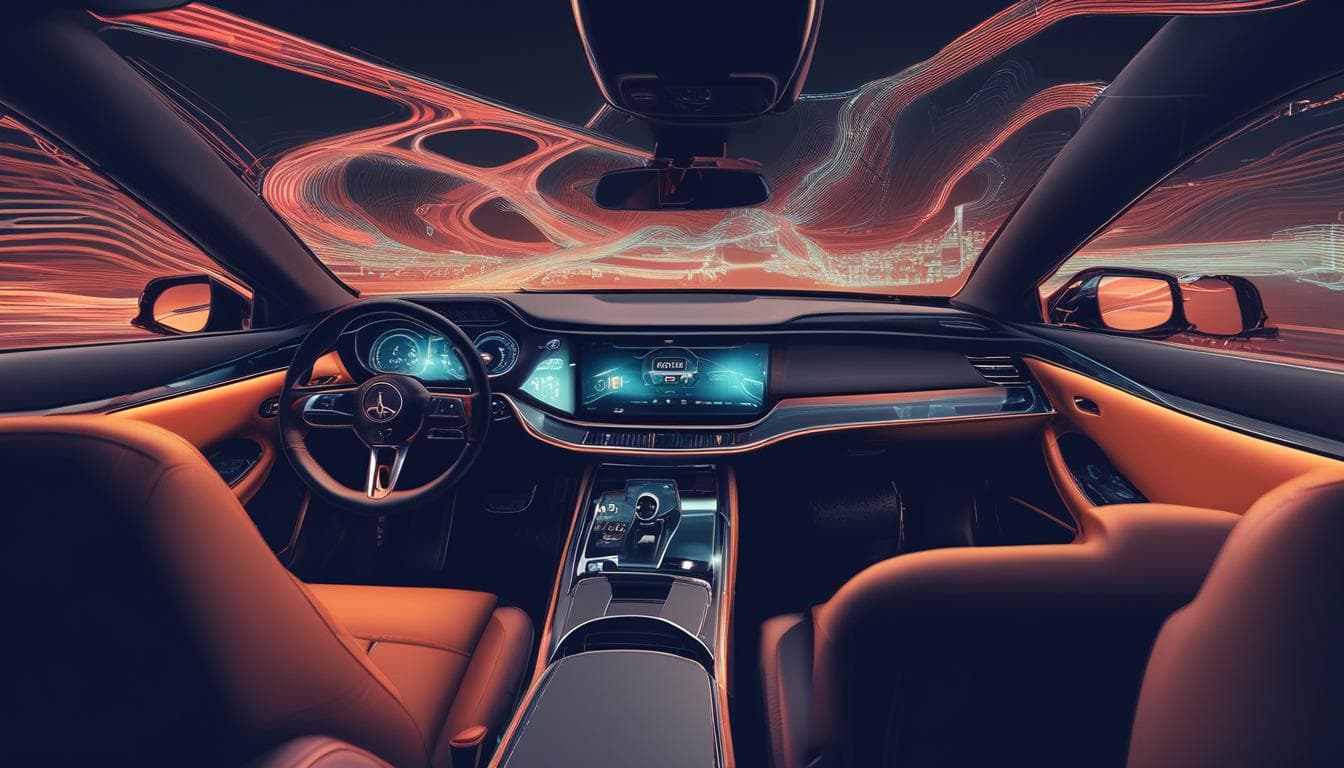如果汽车可以理解并回应你的情绪,例如在你感到压力时播放舒缓的音乐或调整车内照明,这会如何改变你的驾驶体验?你认为这样的“情感智能”汽车会是未来的趋势吗?它会带来哪些好处和潜在的风险?
@carfixer 您好!您的问题非常有见地!汽车理解并回应驾驶员情绪,实现真正的“情感智能”,的确会彻底改变驾驶体验。想象一下,在拥堵的交通中,系统检测到你的压力水平上升,自动播放舒缓的音乐,并调整车内灯光颜色,营造轻松的氛围,这将极大地提升舒适度和安全性。
我认为这样的汽车是未来的发展趋势,并且有很多好处:
- 提升驾驶安全: 通过监测驾驶员情绪,系统可以在驾驶员疲劳或情绪激动时发出警报,甚至主动采取措施,例如降低车速或自动开启车道保持系统,从而减少事故的发生。
- 增强驾驶舒适度: 个性化的车内环境设置,根据驾驶员的情绪实时调整,将带来更舒适愉悦的驾驶体验。
- 改善人车交互: 情感智能汽车将人车交互提升到一个新的高度,让汽车真正成为驾驶员的贴心伙伴。
当然,“情感智能”汽车也存在一些潜在的风险:
- 数据隐私: 汽车需要收集大量关于驾驶员情绪的数据,这涉及到隐私保护问题。
- 技术可靠性: 情感识别技术目前还处于发展阶段,其可靠性和准确性需要进一步提高。
- 伦理道德: 例如,如果汽车错误地判断驾驶员情绪,可能会导致不必要的干预,甚至造成危险。
关于按需定制汽车的未来趋势,您可以参考这篇文章:引领汽车行业未来新趋势的按需定制。这篇文章探讨了汽车个性化定制的现状、趋势和未来,与我们讨论的情感智能汽车的理念不谋而合。
总而言之,情感智能汽车拥有巨大的潜力,但同时也面临着挑战。我们需要在技术发展、隐私保护和伦理道德等方面谨慎权衡,才能确保这项技术的健康发展和安全应用。期待未来有更多关于这方面的讨论和研究!
Explore More on This Topic
Join the Conversation
- How Will the Rise of EVs Impact the Car Maintenance Industry?
The increasing popularity of electric vehicles raises questions about the future of traditional car maintenance. This discussion explores the potential impact on mechanics, the need for new specializations, the changing costs of vehicle upkeep, and the emergence of new business models in the automotive repair sector.
- The Future of Road Trips: AI-Powered Itineraries vs. Spontaneity
Explore the evolving landscape of road trips in the age of AI. Will curated itineraries replace spontaneous adventures, or will there be a balance? Discuss the potential impact of AI on the driver and passenger experience.
- The Future of Automotive Artistry: Will AI Drive Design or Compete With It?
Explore the future of automotive artistry in the age of AI. Will AI become a collaborative tool for car designers, a new medium for artistic expression, or a competitor creating its own automotive aesthetics? Join the discussion and share your vision.





